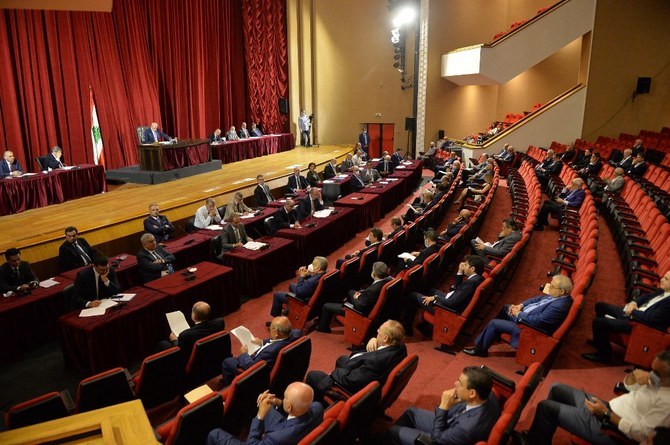
by bolnews.com — The Lebanese parliament passed a new set of modifications to a financial secrecy law on Thursday after the International Monetary Fund stated that a prior proposal remained deficient in significant ways. Lebanon must undertake a list of measures, including revising its banking secrecy law, before gaining access to $3 billion to alleviate its economic crisis, one of the worst in modern history. Late in July, the Lebanese parliament updated the financial secrecy law, but the International Monetary Fund (IMF) proposed a number of revisions, thus President Michel Aoun sent the bill back to parliament for revision. The newest draft was approved by parliamentarians on Thursday despite strong criticism from independent MPs and outside observers that it failed to follow the IMF’s suggested revisions.
The most recent proposal does not eliminate financial secrecy in its entirety. The new draft allows more government agencies to request transaction data for criminal investigations than the old draft. A lawyer and head of the Commission for Depositors of the Beirut Bar Association, Karim Daher, stated that the new proposal lacked the necessary transparency. “The whole point is to make sure that transfers between the bank owners and the political class cannot be traced. They are fleeing accountability at all costs,” Daher said. Mark Daou, a first-time member of parliament, stated that he attended the finance committee’s session on the new general assembly proposal. “Several members of parliament made comments on this draft and how it shouldn’t be passed in this way. Suddenly, we find that it’s on the agenda for the general assembly to be voted on,” he said.
The measure must yet be signed by Aoun, whose term ends on October 31. The IMF did not respond to a request for comment immediately. In recent weeks, it has bemoaned Lebanon’s “slow progress” in implementing the measures outlined in the staff-level accord.



